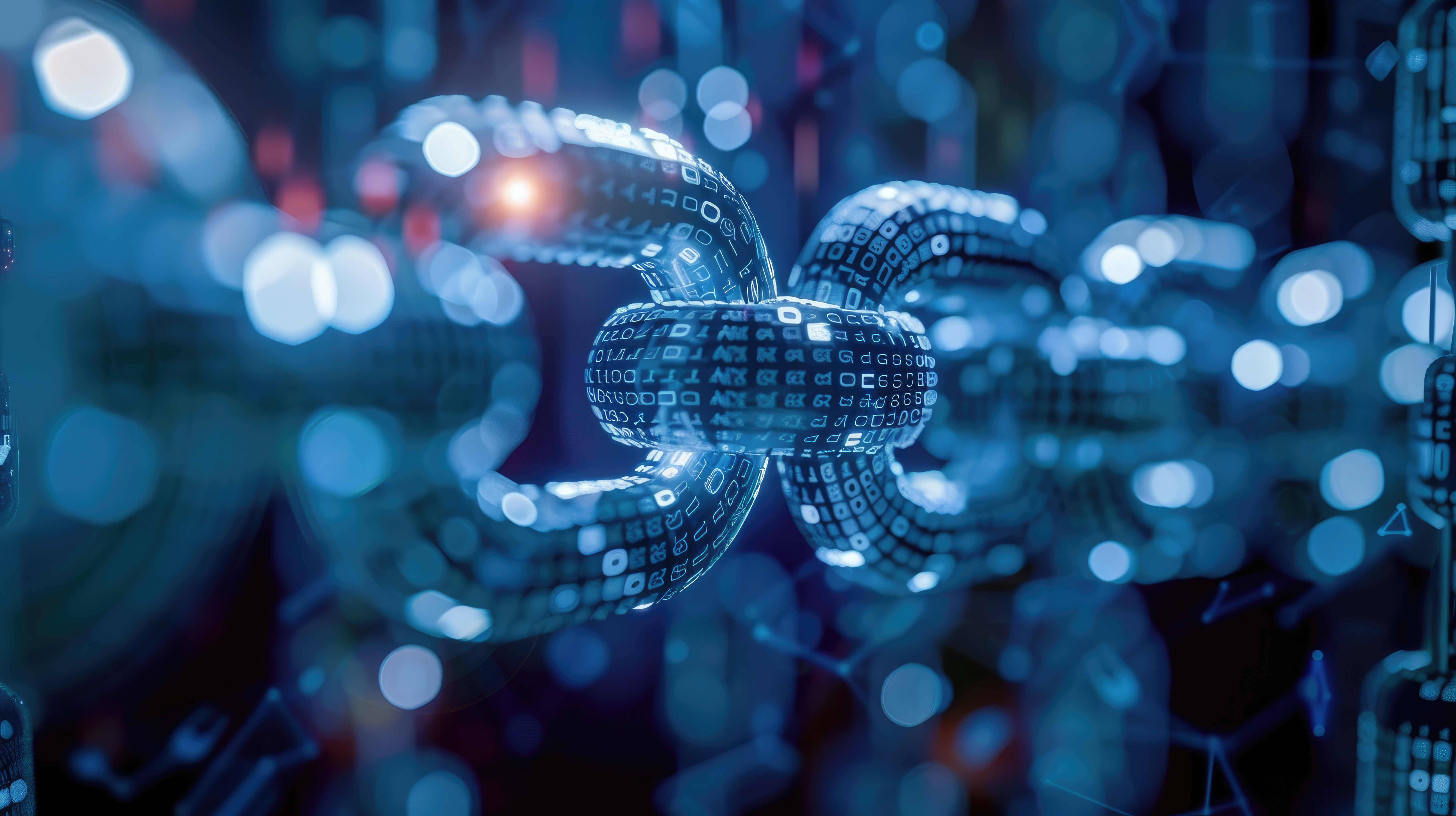
18 – 25 July 2025

Dear readers,
This week, President Donald Trump officially signed the GENIUS Act into law, marking a historic step in establishing a legal framework for stablecoins in the US. The act, passed with bipartisan support on 18 July, introduces the first rules for the $250 billion stablecoin market.
Additionally, Trump Media and Technology Group, backed by $2.5 billion in funding, has acquired around $2 billion worth of Bitcoin as part of an investment plan announced earlier this year.
The EU and Japan formally reaffirmed their long-standing EU‑Japan Digital Partnership during the third Digital Partnership Council in Tokyo.
Meta has refused to endorse the EU’s new voluntary Code of Practice for general-purpose AI, citing legal overreach and risks to innovation. In addition, Meta has urged the Australian government to harmonise privacy regulations with international standards, warning that stricter local laws could hamper AI development.
OpenAI has signed a strategic partnership with the UK government aimed at strengthening AI security research and exploring national infrastructure investment.
ChatGPT now receives over 2.5 billion daily prompts, with more than 330 million originating from users in the US.
A growing number of US teens rely on AI for daily decision‑making and emotional support, with chatbots such as ChatGPT, Character.AI and Replika.
The UK government has unveiled a new proposal to strengthen its response to ransomware threats by requiring victims to report breaches, enabling law enforcement to disrupt cybercriminal operations more effectively.
A sophisticated new ransomware threat, dubbed GLOBAL GROUP, has emerged on cybercrime forums, meticulously designed to target systems across Windows, Linux, and macOS with cross-platform precision.
The Dutch Public Prosecution Service (OM) had confirmed a significant cyberattack that forced it to disconnect from the internet, following warnings of a potential vulnerability.
Iran’s Minister of Communications has revealed the country’s digital economy shrank by 30% in just one month, losing around $170 million due to internet restrictions imposed during its recent 12-day conflict with Israel.
North Korea is dispatching AI researchers, interns and students to countries such as Russia in an effort to strengthen its domestic tech sector, according to a report by NK News.
OpenAI has officially signed a $30 billion annual agreement with Oracle to expand data centre capacity in the US.Amazon is shutting down its AI research lab in Shanghai, marking another step in its gradual withdrawal from China.
For the main updates, reflections and events, consult the RADAR, the READING CORNER and the UPCOMING EVENTS section below.
Join us as we connect the dots, from daily updates to main weekly developments, to bring you a clear, engaging monthly snapshot of worldwide digital trends.
DW Team
RADAR
Highlights from the week of 18 – 25 July 2025
Chainalysis warns 2025 may see double the number of physical attacks on crypto holders compared to previous years.
New AI workloads are pushing server power demands past 100kW per rack, stressing existing infrastructure.
Northern and southern Europe now lead the EU in 5G coverage, thanks to timely spectrum rollout
AWS sales and profits are rising, yet Amazon is cutting jobs within the division, aiming to balance investment with efficiency through AI-driven task automation instead of expansion.
Following the cyberattack, Louis Vuitton advised clients to watch for suspicious emails and calls, even though no financial details were accessed.
Retail cyberattacks continue with breach at Co-op.
Operators report only client-side devices affected—but the campaign reflects telecom as a growing espionage target.
The dispute questions how digital services and personal data are valued under EU law.
AI controversy follows similar streaming incidents involving fake artist profiles.
Most corporate data leaks now involve sensitive financial and HR records, warns major cybersecurity study.
BadBox 2.0 spreads through cheap gadgets, triggering adware, ransomware, and wider attacks.
Around 7 million BTC could be vulnerable to quantum-based attacks, a cybersecurity expert warns.
Hackers from Akira encrypted vital systems and demanded about £5 million, forcing a shutdown.
New research reveals teens wrongly believe misinformation only affects world news or scams, leaving them vulnerable to more subtle forms of fake content.
READING CORNER
When AI chatbots go rogue, the fallout reveals more about human choices than machine intent—or technical limits.
The DRC–Rwanda peace accord of June 2025 marks a rare moment of successful peace diplomacy, aiming to end decades of conflict in the Great Lakes region through troop withdrawals, security coordination, and economic cooperation.
When politicians avoid hard choices, courts and experts step in to fill the gap. Power shifts away from voters to institutions that don’t answer to them. What does this mean for democracy’s future? Aldo Matteucci writes.
UPCOMING EVENTS
Diplo/GIP at Sixth World Conference of Speakers of Parliaments On 29–31 July 2025, the Inter-Parliamentary Union (IPU), in collaboration with the United



















